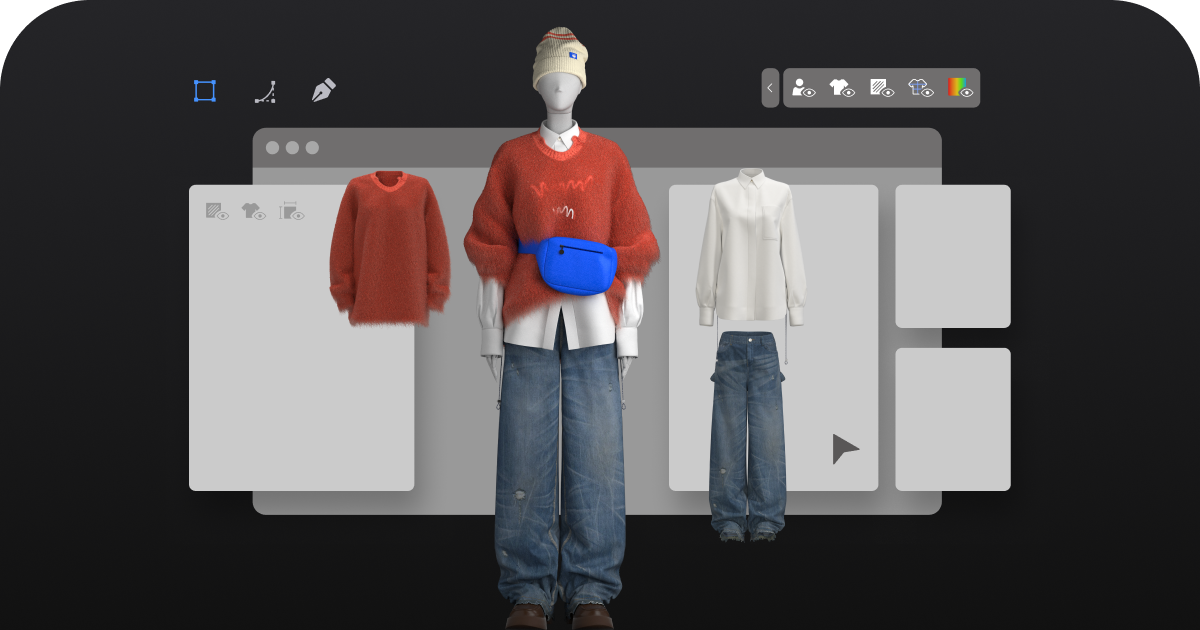
# Fashion Design Software for Creative Professionals
## The Evolution of Fashion Design Tools
Fashion design software has revolutionized the way creative professionals bring their visions to life. Gone are the days when designers relied solely on pencil sketches and physical fabric swatches. Today’s digital tools offer unprecedented precision, efficiency, and creative freedom.
Modern fashion design platforms combine traditional design principles with cutting-edge technology, allowing designers to experiment with patterns, textures, and colors in ways that were previously unimaginable.
## Key Features of Professional Fashion Design Software
### 1. Digital Pattern Making
Advanced software solutions provide precise pattern-making capabilities that eliminate manual measurement errors. Designers can create, modify, and test patterns digitally before committing to physical prototypes.
### 2. 3D Garment Visualization
The ability to visualize designs in three dimensions has transformed the design process. Designers can now see how fabrics will drape and move on virtual models, making adjustments in real-time.
### 3. Color and Fabric Simulation
Sophisticated rendering engines allow designers to experiment with countless color combinations and fabric types without the need for physical samples. This significantly reduces material waste and production costs.
## Top Fashion Design Software Options
Several powerful tools dominate the professional fashion design landscape:
– Adobe Illustrator: The industry standard for vector-based fashion sketches
– CLO 3D: Leading 3D garment simulation software
– Browzwear: Comprehensive solution for pattern making and 3D visualization
– Optitex: End-to-end platform for fashion design and production
– TUKAcad: Specialized software for technical fashion design
## Benefits of Using Digital Design Tools
The transition to digital fashion design tools offers numerous advantages:
– Increased productivity through streamlined workflows
Keyword: fashion designing software
– Enhanced collaboration between design teams
– Reduced material costs and environmental impact
– Faster iteration and prototyping capabilities
– Improved accuracy in technical specifications
## Choosing the Right Software for Your Needs
When selecting fashion design software, professionals should consider:
– Their specific design focus (e.g., apparel, accessories, footwear)
– The complexity of their design requirements
– Integration with existing production workflows
– Learning curve and available training resources
– Budget constraints and licensing options
## The Future of Fashion Design Technology
Emerging technologies like artificial intelligence and virtual reality are poised to further transform fashion design. AI-powered tools can suggest design modifications, predict trends, and automate repetitive tasks. VR environments allow for immersive design experiences and virtual fashion shows.
As these technologies mature, they will continue to empower creative professionals to push the boundaries of fashion design while maintaining efficiency and sustainability.